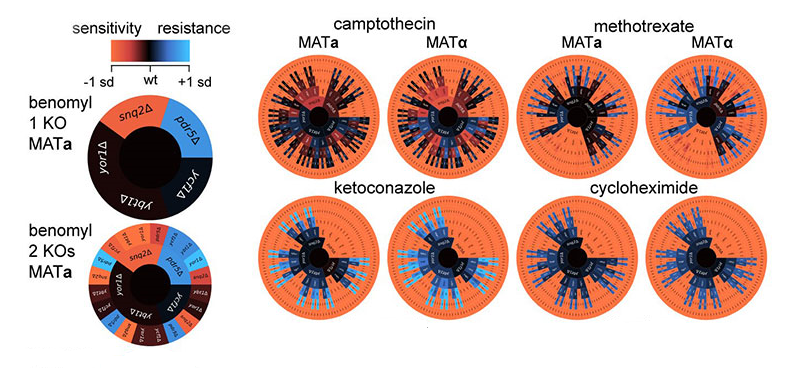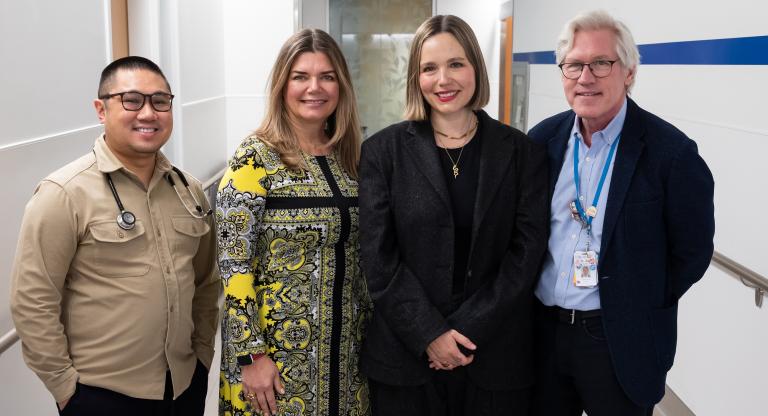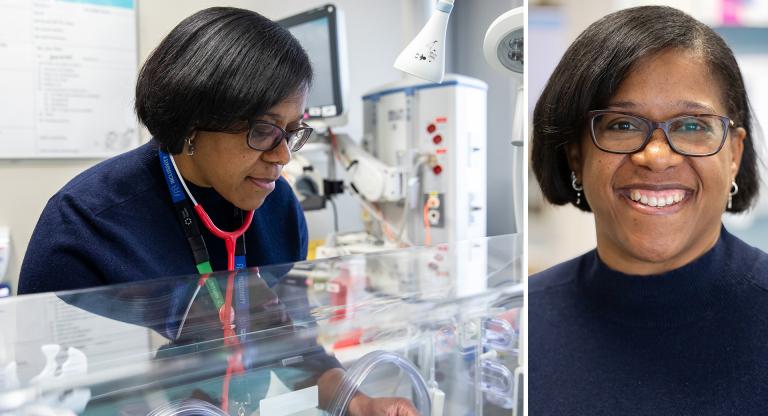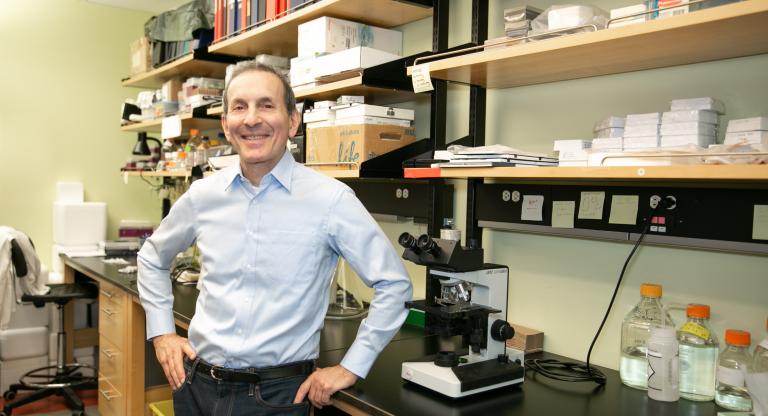New study from LTRI uses yeast to examine how genes work together in drug resistance

TORONTO: (October 23, 2019) – A Toronto researcher is using Baker’s yeast as a model system to investigate how groups of genes interact to alter a cell’s resistance to drugs.
Frederick Roth, a senior scientist at the Lunenfeld-Tanenbaum Research Institute at Sinai Health and professor at the University of Toronto’s Donnelly Centre, used yeast to demonstrate how different gene combinations can change a cell’s resistance or sensitivity to drugs. His findings(opens in a new tab) have been published in the journal Cell Systems.
Roth and his team focused on a group of 16 genes which encode proteins known as ABC transporters that pump out toxins and waste from cells. ABC transporters are found on the cell’s surface and play an important role in drug resistance.
“ABC transporters are a key way to pump small molecules out of the cell,” Roth said. “They are a major source of resistance to cancer drugs, and also of antibiotic resistance in bacteria and fungi.”
Roth’s team engineered more than 5,000 yeast strains, each lacking a random subset of 16 ABC transporter genes, and tested the ability of each strain to grow when exposed to 16 different drugs.
Roth said he expected knocking out ABC transporters would either do nothing or make the yeast more sensitive to that drug. However, he found deleting a transporter known to pump out a commonly-prescribed antifungal medication called fluconazole, made cells highly sensitive as expected.
Roth and his team also found in some instances, the removal of ABC transporters could enhance the cells’ resistance to the drug. The biggest surprise, Roth said, were examples where removing even larger sets of ABC transporters led to hyper-drug-resistant cells.
Roth said he hopes their strategy, which they call XGA for “X-gene Genetic Analysis”, can be applied to other sets of genes and potentially human cells, as well as provide new insights into which cells can gain drug resistance with implications for the development of new treatments.
The research was supported by the Canada Excellence Research Chairs Program and by the National Institutes of Health in the U.S.
-30-
For media inquiries:
Amanda Ferguson
Manager, Public Relations
Sinai Health Foundation
[email protected]
647-248-7434












